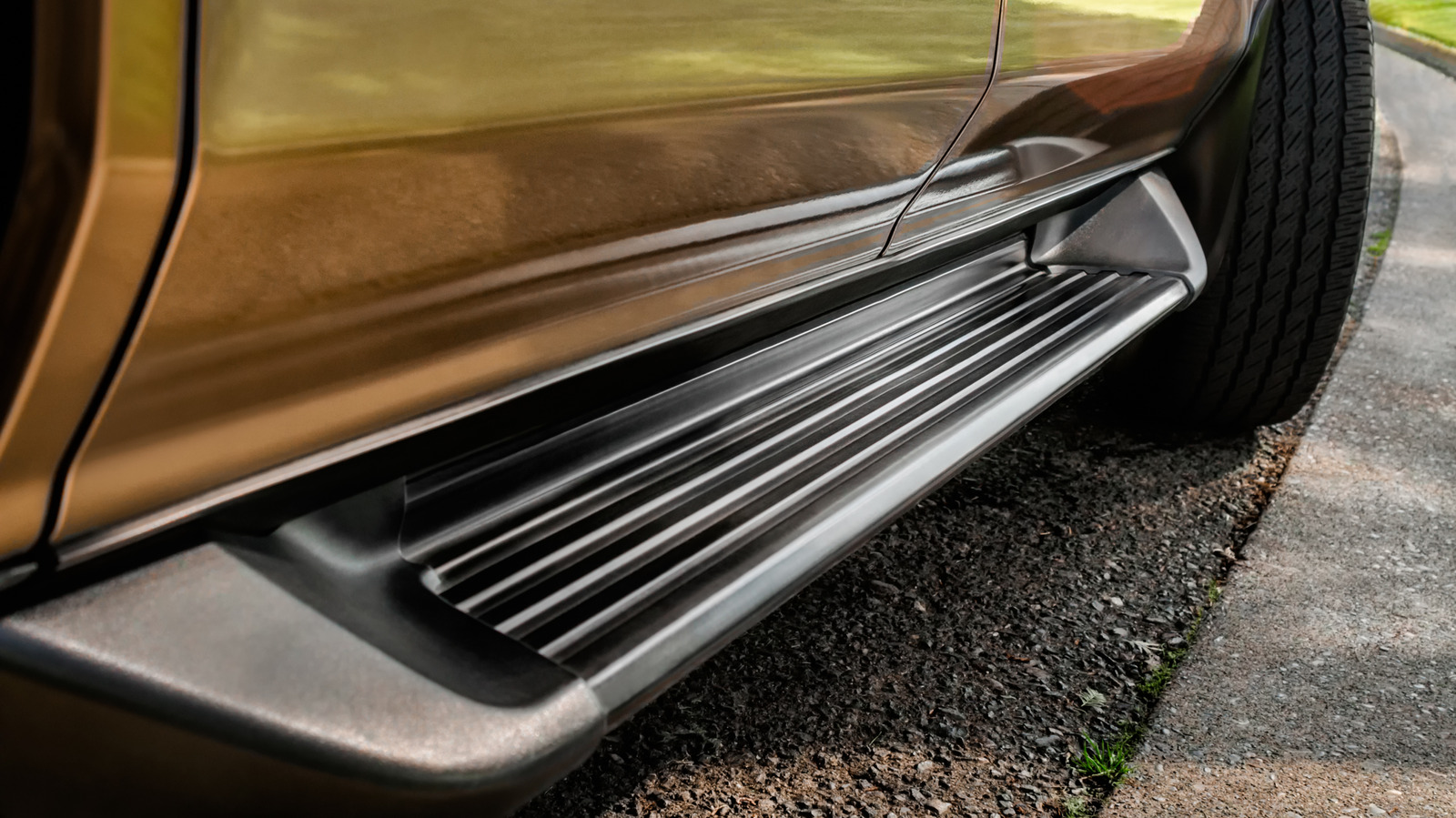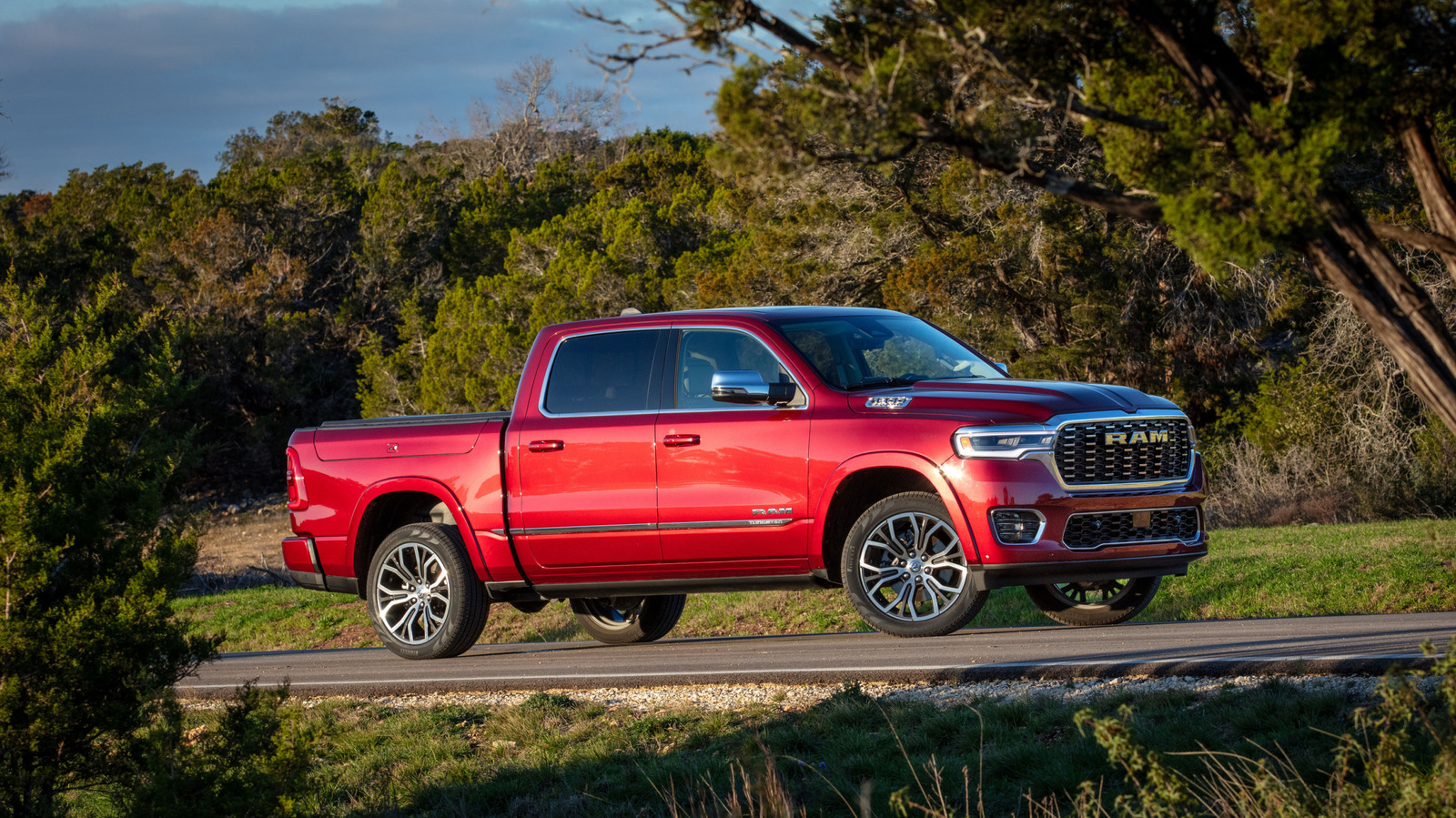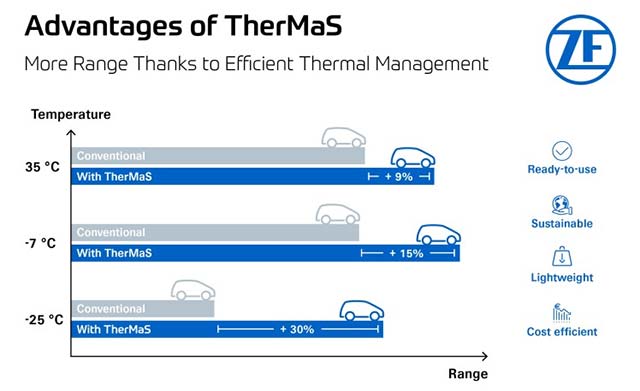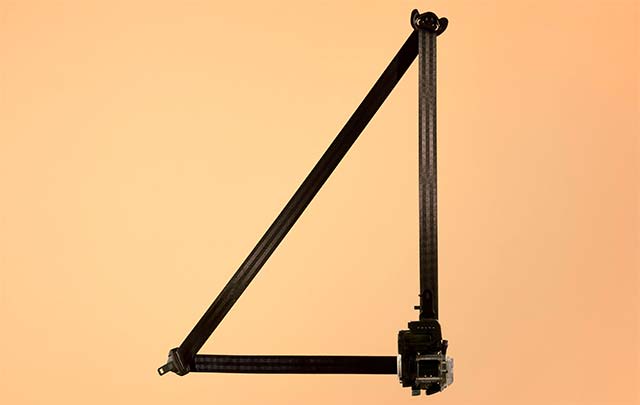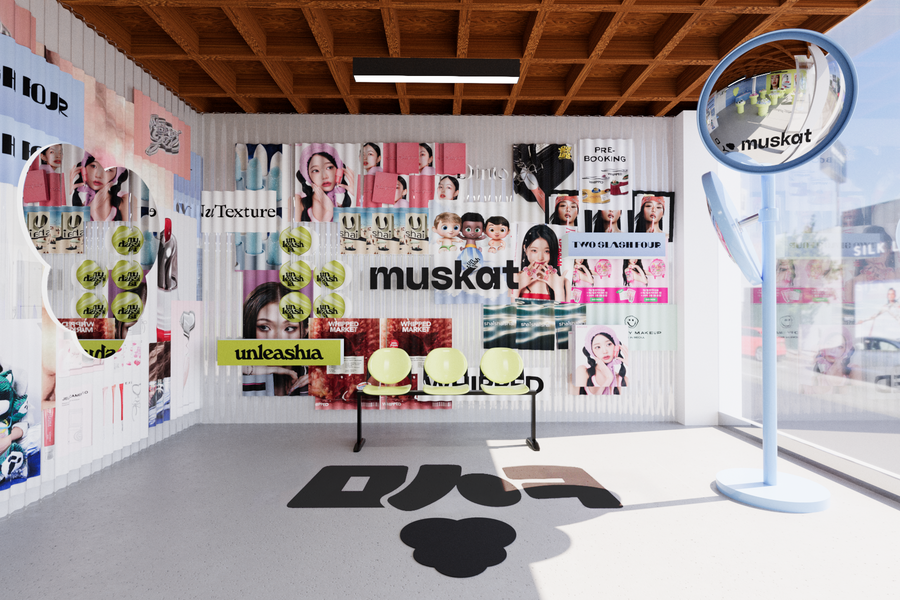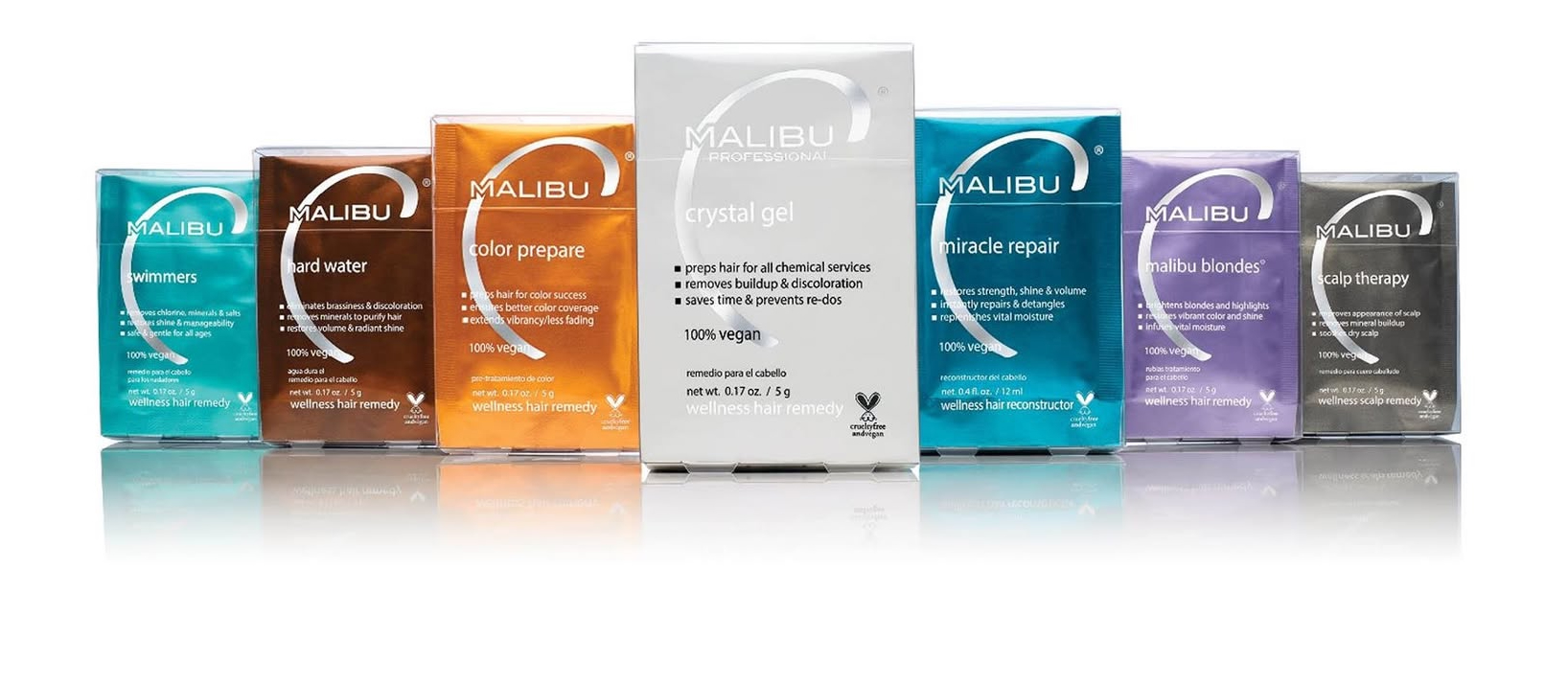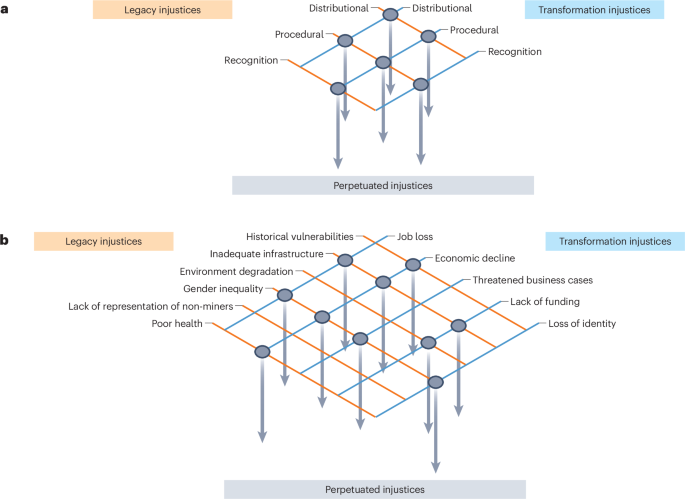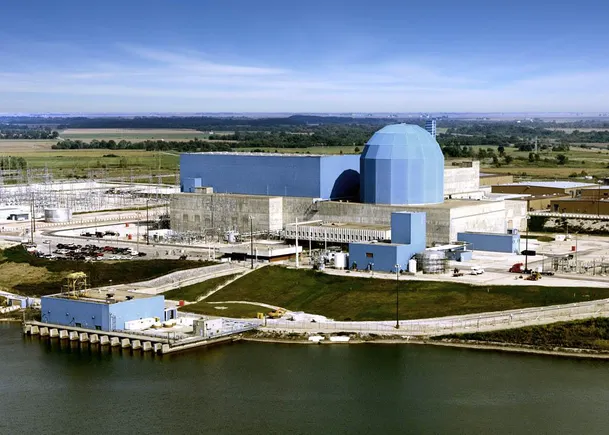Hooters Abruptly Closes 30 Locations Following Chapter 11 Bankruptcy. Is a Location Near You Affected?
Hooters locations are closing abruptly.

The iconic restaurant chain Hooters is facing a major shake-up after abruptly shuttering at least 30 company-owned locations across the United States. The closures come just three months after the company filed for Chapter 11 bankruptcy protection despite previously stating it had no intention of closing any of its restaurants during the process. For longtime fans of the brand, the sudden closures signal the end of an era, especially for Gen Xers and elder millennials who once saw a visit to Hooters as a rite of passage.
Let’s take a closer look at what’s happening — and whether your local Hooters is on the chopping block.
Hooters Files for Bankruptcy Protection but Remains Operational
On March 31, Hooters filed for Chapter 11 bankruptcy, citing $376 million in debt. At the time, the company emphasized it would remain operational and exit bankruptcy within 90 to 120 days. The brand, known for its wings, sports bar atmosphere, and controversial marketing, insisted it would continue serving customers while undergoing a restructuring process.
However, that optimism didn’t last long. As of June 4, over 30 restaurants have been confirmed closed, some with no warning to customers. The closures affected locations across more than a dozen states, including high-traffic cities like Orlando, Nashville, Charlotte, and Detroit.
Despite the closures, Hooters stressed in a public statement after filing for bankruptcy: “Hooters is here to stay, and with a stronger financial foundation and streamlined operations on the other side of this process, we will be well-positioned to continue delivering the guest-obsessed hospitality experience and delicious food our valued customers and communities have come to expect well into the future.”
Over 30 Locations Across the US Have Closed
According to USA Today, the following Hooters locations have confirmed closures as of early June 2025:
Alabama
- Tuscaloosa
Florida
- Sanford
- Orlando
- Kissimmee – Osceola Parkway
- Melbourne
- Jacksonville – Southside Boulevard
- Tallahassee – Monroe Street
Georgia
- Atlanta – Downtown
- Douglasville
- Gwinnett
- Valdosta
Indiana
- Greenwood
- Lafayette
- Indianapolis
- Evansville
Illinois
- Rockford
Kentucky
- Newport
Michigan
- Flint
- Detroit
- Taylor
Missouri
- St. Louis – Downtown
North Carolina
- Charlotte – South Boulevard
South Carolina
- Columbia
- Rock Hill
Tennessee
- Murfreesboro
- Memphis – Downtown
- Nashville – Harding Place, Largo Drive
Texas
- Grapevine
- Houston – 120 FM 1960 W
- San Marcos
Additionally, the webpages for the Fort Smith, Arkansas, and Madison, Wisconsin, locations have been removed, and phone call transfers to the restaurants are currently unavailable — suggesting two more likely closures.
A Franchise Sale and Restructuring Effort Are Underway
According to CNN, as part of the bankruptcy proceedings, the fast-casual restaurant has agreed to sell all 151 of its company-owned restaurants to two franchisee groups — one based in Tampa, the other in Chicago. Combined, these groups already own approximately one-third of the brand’s franchised restaurants in the U.S.
The restructuring and sale, backed by the company’s original founders, are part of a broader plan to stabilize operations, reduce debt, and return the chain to profitability. Sal Melilli, Hooters’ CEO, noted that the move represents a “milestone in our efforts to reinforce Hooters’ financial foundation.”
Lawsuits, Labor Costs, and Declining Foot Traffic Created Pressure
The financial struggles didn’t happen overnight. Over the past few years, the brand has faced rising food and labor costs, increased competition in the casual dining sector, and social media criticism of its brand image and service quality. Compounding these challenges were multiple lawsuits alleging racial and gender discrimination, adding further reputational strain.
The company had previously attempted to refinance its debt by issuing $300 million in asset-backed bonds secured by franchise fees. In addition, Hooters brought in advisors from Accordion Partners and law firm Ropes & Gray in a last-ditch effort to restructure before filing for bankruptcy.
Fans React — But Not Everyone Is Surprised
News of the closures and original bankruptcy filing sparked mixed reactions online. According to The New York Post, NBA star Devin Booker pleaded on X back in February, “Plz don’t go Hooters,” while golf influencer Paige Spiranac defiantly posted, “Not on my watch.”
On the other hand, many former patrons took to social media to criticize the chain, citing inconsistent food quality, subpar cleanliness, and outdated branding as key issues. Some even claimed that the bankruptcy and closures inevitable unless the company underwent a complete overhaul.
Meanwhile, brand ambassadors like golfer John Daly and his son, John Daly II, may find their promotional partnerships affected by the chain’s restructuring.
What Happens Next for Hooters?
With over 300 locations still in operation, Hooters isn’t disappearing — but it is undergoing a dramatic transformation. Its future will depend heavily on how well the franchise sale and operational reorganization play out over the next few months.
If you’re wondering whether your favorite Hooters location is safe, now’s the time to check their website or call directly — especially if your local branch hasn’t posted updates on its status.
While the brand’s iconic image may be fading from some cities, Hooters hopes to emerge from bankruptcy leaner, stronger, and better positioned for the modern dining landscape.








